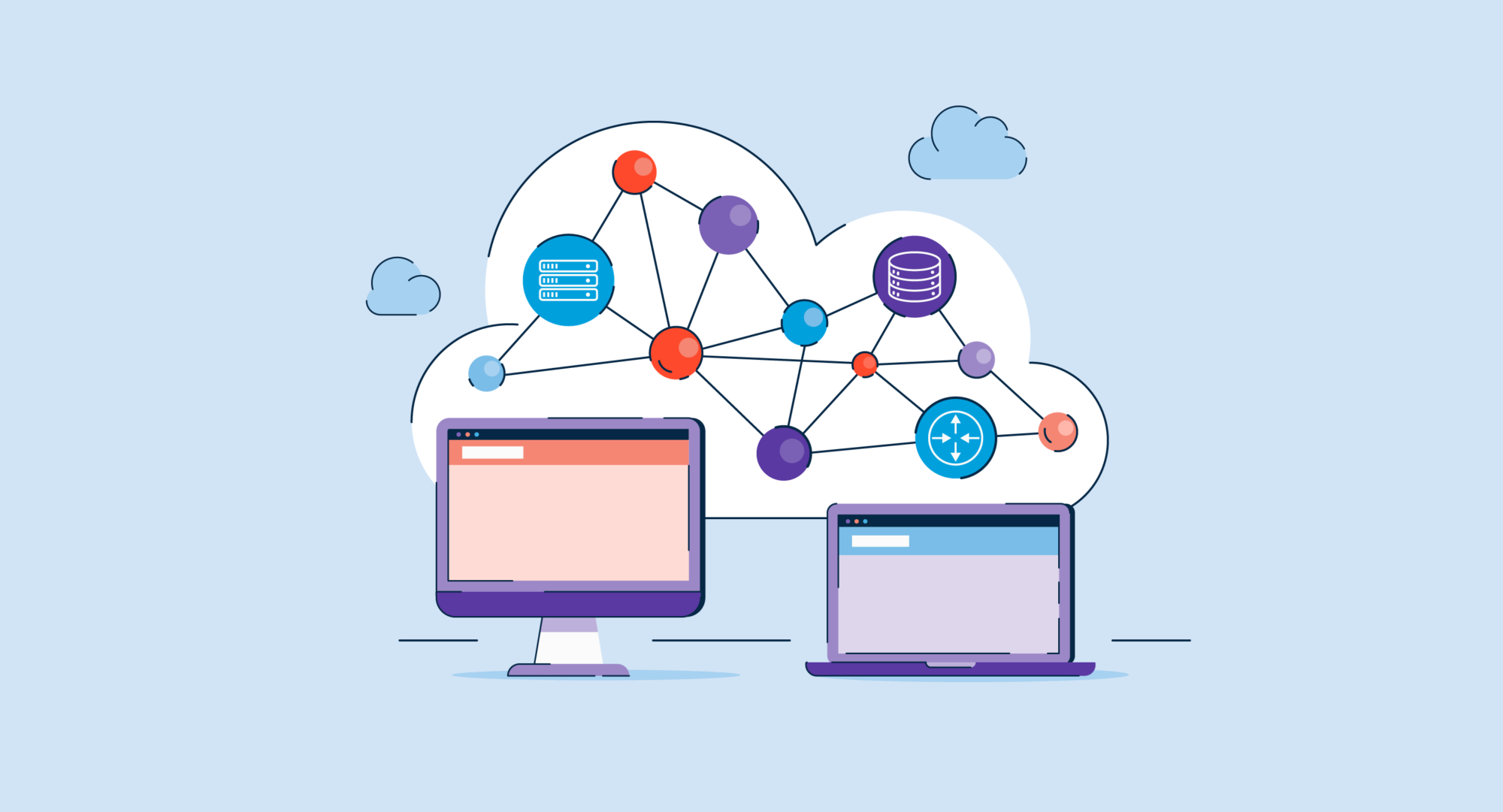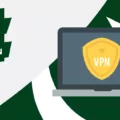Have you ever wondered about the differences between a Virtual Private Cloud (VPC) and a Virtual Private Network (VPN)? They are both essential components in providing secure access to cloud-based services, but they each have their own unique advantages and disadvantages.
A VPC is an elastic cloud service that provides full control of company websites. It automatically scales up or down based on traffic requirements, with no hardware limitations. This makes it ideal for companies who want to host websites with heavy traffic demands. VPCs also provide security by isolating resources into private-facing subnets, which are not accessible from the internet.
On the other hand, VPNs are cost-effective solutions that allow users to securely connect to remote sites or networks over the internet. A VPN gateway is created within a VPC and acts as an access point for a VPN connection. One VPC can only have one VPN gateway, however, one gateway can have multiple connections. This makes VPNs great for connecting multiple locations without having to install and manage hardware or software-based solutions.
Overall, when choosing between a VPC or a VPN, you should consider your specific needs for security, scalability, and cost efficiency. A VPC is great for companies who need heavy traffic demands with full control and security over their websites. A VPN is perfect for individuals or companies who want to securely connect multiple locations together at an affordable price point.

Difference Between VPC and VPN
A Virtual Private Cloud (VPC) is an elastic cloud service that provides full control over a company’s web hosting infrastructure, allowing for automatic scaling to meet traffic requirements and unbounded hardware limitations. It is typically used by larger companies to host their applications and websites, as well as for internal networking purposes. On the other hand, a Virtual Private Network (VPN) is a cost-effective technology used by companies and individuals alike to securely connect remote computers or networks over the internet. It works by encrypting data sent over a public network so that only authorized users are able to access it. Unlike VPCs, VPNs are not limited in terms of hardware or scalability, but they do not provide the same level of control and customization as VPCs do.
The Purpose of a Virtual Private Cloud (VPC)
The purpose of a Virtual Private Cloud (VPC) is to provide a secure and isolated virtual networking environment. It allows you to define your own private network within the cloud, including customizing your IP address range, creating subnets, and configuring route tables and network gateways. This helps protect your data from malicious external threats by keeping it off the public internet. VPCs also provide flexibility in how you configure your environment, allowing you to customize specific network settings to meet the needs of your applications. Additionally, VPCs can be configured with security features such as firewalls, access control lists (ACLs), and private VPN connections which help protect against data breaches or unauthorized access.
Types of VPNs
The three main types of Virtual Private Networks (VPNs) are Remote Access VPN, Site-to-Site VPN, and Internet Protocol Security (IPSec).
Remote Access VPN allows users to access a secure network from an external location. It is typically used by remote workers or business travelers who need to access resources that are not available outside the organization’s network.
Site-to-Site VPNs connect two networks together so that data can be transferred securely across the connection. This type of VPN is often used by businesses with multiple branches or offices located in different locations.
Internet Protocol Security (IPSec) is a protocol used for encrypting and authenticating data sent over a network. IPSec provides both security and privacy for data traveling between two points on the same network or across public networks. It is commonly used in corporate environments to protect sensitive data from unauthorized access.

Disadvantages of VPC
The primary disadvantage of a virtual private cloud (VPC) works is the cost. VPCs can be more costly to operate than traditional cloud hosting, and even more expensive than running a private, on-premises cloud solution. Additionally, there are some potential security risks associated with VPC that must be managed and mitigated.
Due to the nature of its architecture, VPC requires data to be moved in and out of the environment, which can incur additional costs for businesses. Furthermore, since VPCs are hosted by a third-party provider, organizations must trust those providers to protect their data from malicious threats. If an incident occurs on the provider’s infrastructure that impacts your data, you may not have access to all the necessary resources to respond efficiently and effectively.
Finally, while VPC is designed to provide users with increased control over their data environment compared to traditional cloud hosting services, it may still lack certain features or access rights when compared with a dedicated server environment.
Is a Virtual Private Cloud (VPC) Necessary?
Yes, VPC is necessary for running applications on AWS. A Virtual Private Cloud (VPC) is an isolated network inside the AWS cloud that provides an additional layer of security and control to protect your resources from malicious actors on the public internet. Through the use of subnets, network access control lists, and security groups, a VPC can provide fine-grained control over which components of your application are accessible from the outside world, while also allowing you to securely connect with other services hosted within the same cloud environment. In this way, a VPC allows you to create a secure environment that meets your specific application needs.
Advantages of Virtual Private Cloud
A virtual private cloud (VPC) offers the benefits of a public cloud while providing the same level of security and privacy as a private cloud. By using a VPC, organizations can benefit from the cost savings associated with public clouds while also having full control over their data and applications. VPCs use isolated virtual networks to ensure that no other users or organizations can access sensitive data or applications. Additionally, customers are able to customize their own settings to improve security further.
VPCs also offer easy integration with other services and infrastructure. They can be connected to other VPCs, the public cloud, or on-premise infrastructure for greater flexibility and scalability. This allows customers to easily switch between providers or integrate existing services into their environment without having to re-architect their system or perform any additional setup work. Additionally, customers can benefit from economies of scale by sharing costs with other customers while still maintaining the security they need.
Conclusion
In conclusion, VPC and VPN are two distinct technologies with various use cases. VPC is designed to provide robust and secure hosting services for company websites, with the ability to scale automatically based on traffic requirements. VPN, on the other hand, is a secure connection technology that provides access to an on-premises data center or a VPC in another region. AWS Client VPN is a cloud-based solution that makes it easy to connect remote users securely. Both technologies can be used together to create a secure virtual networking environment that isolates certain parts of your network from the internet. As always, it is important to carefully evaluate each technology’s features and benefits in order to choose the best one for your particular needs.








